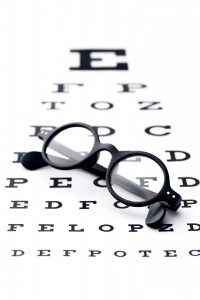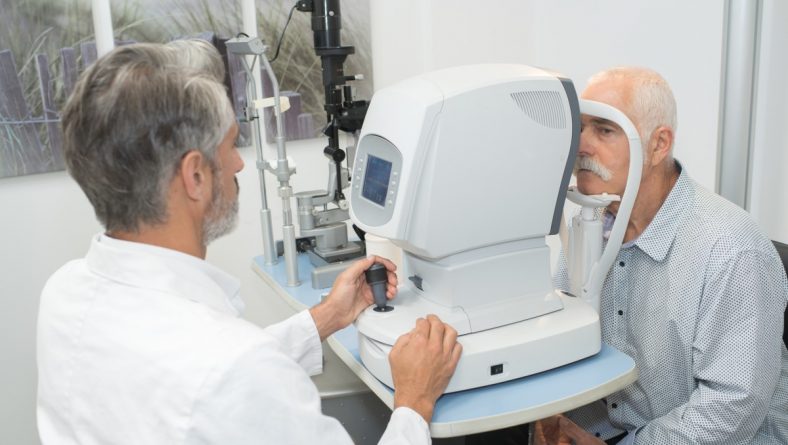Everything You Need to Know About Phoenix Eye Exams in 5 Minutes!
The First Step to Healthy Vision
Eye exams are an important factor of overall health just like any doctor’s appointment. Your eyes should be checked regularly by a professional to make sure they are always in top working condition. Many diseases and conditions can go unnoticed fairly easily without the proper examination. Therefore, early detection is key. Regardless of how old or healthy you are, you should attend your routine Phoenix eye exams at your doctors recommendations.
How Do Eye Exams Keep Your Vision Safe?
Your eyes are the most delicate and exposed organs in your body so it’s essential to monitor their health very closely. Everybody should have regular eye exams to reduce the risk of damage and disease. Many ocular diseases can develop without any symptoms until it’s too late. During an exam your doctor will check your eyes inside and out for signs of conditions such as:
- Glaucoma
- Astigmatism
- Cataracts
- Diabetic Retinopathy
- Dry Eye
- Keratoconus
- Macular Degeneration
- Ocular Hypertension
- Presbyopia
Phoenix eye exams can also detect the same problems that screenings do and provide an accurate prescription.
 The Screening Situation
The Screening Situation
Nearly all optometrists will recommend that you get a comprehensive eye exam every 3-5 years depending on your age. Unfortunately, however, dilated eye exams are often mistaken for visual screenings. These are not the same thing.
Screenings are basic tests that determine if you have vision difficulties such as nearsightedness or farsightedness. You’ve most likely had a screening at school or as part of a physical when you are asked to read different sized letters on a board. They can be done by optometrists, school nurses, or even volunteers so they are almost never professional. If you fail a screening it’s usually a result of less than 20/40 vision and you will be recommended to an optometrist for a full exam.
Full dilated examinations are critical to the long term health of your eyes because so many diseases have no outward symptoms. Therefore, early detection is key. Full eye exams are always performed by a licensed professional and can measure not only acuity, but overall health as well. Once you’ve determined if you have a disease or condition you can take preventative action or begin treatment.
If you have problems with your vision such as dark spots, irritation, paint, floaters, flashes, blurriness or anything of the like then schedule an exam with your optometrists as soon as you can. Remember that visual screenings are not equivalent to a full comprehensive exam, nor are they a replacement. You have one pair of eyes so treat them well.










 powerhousegroup.net
powerhousegroup.net